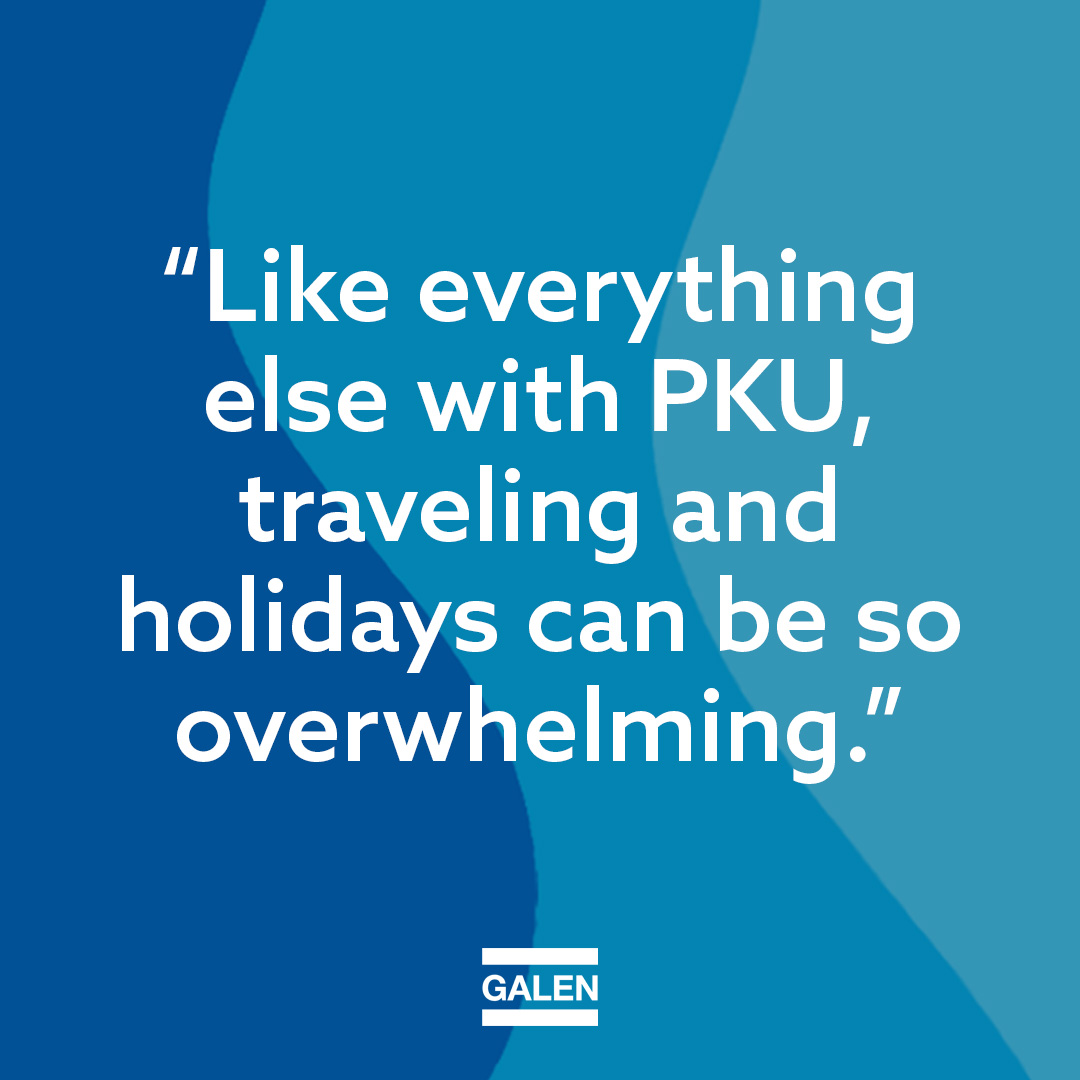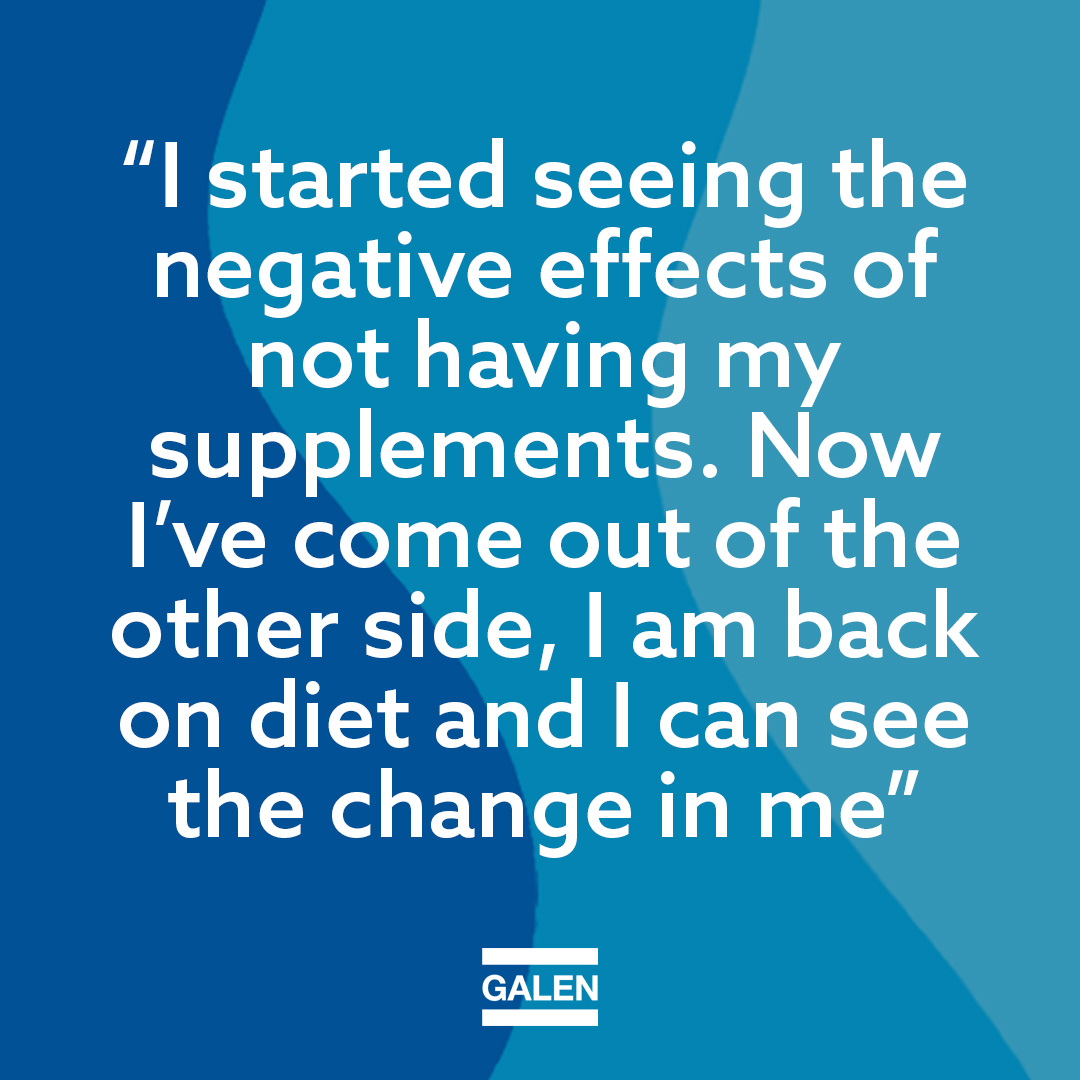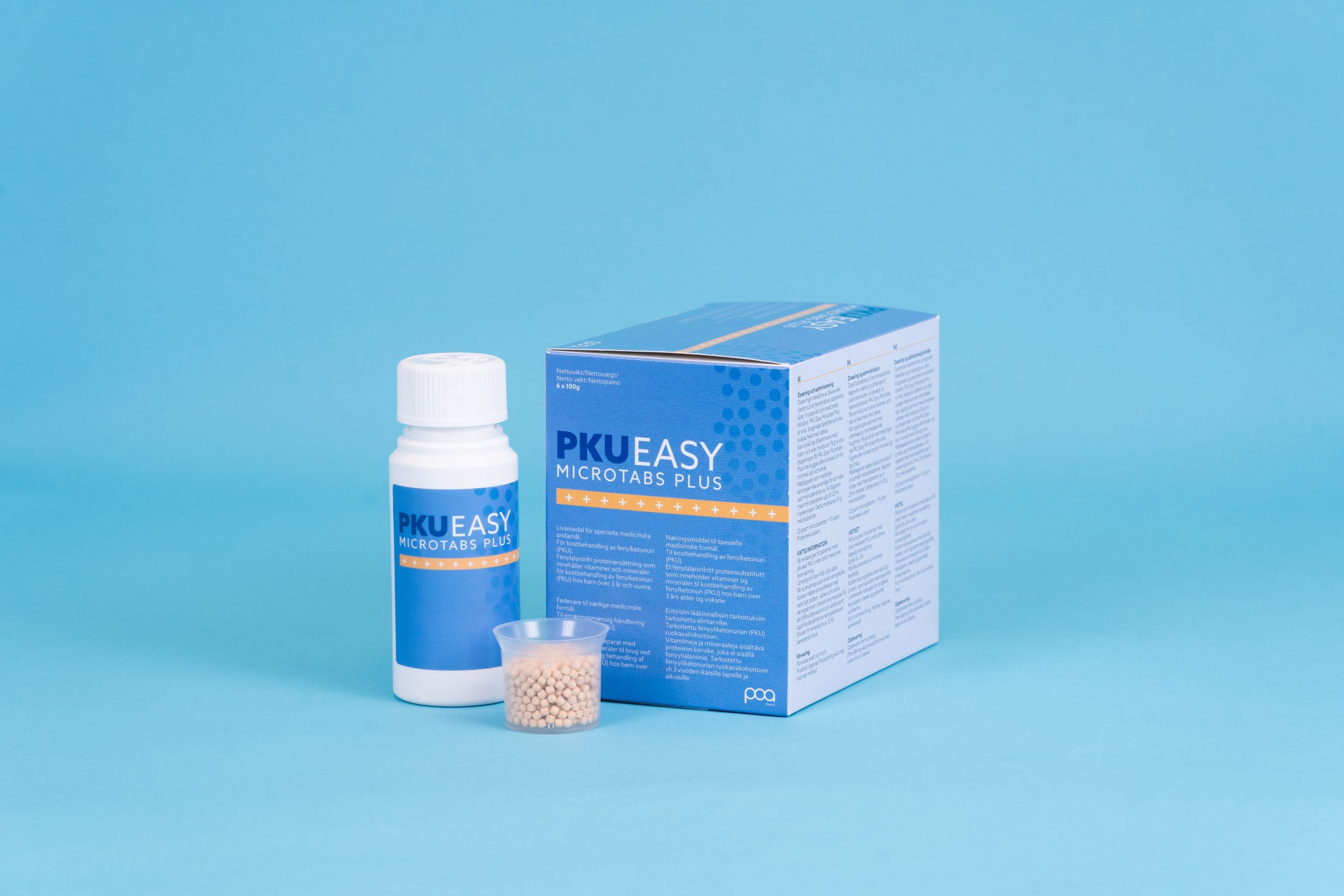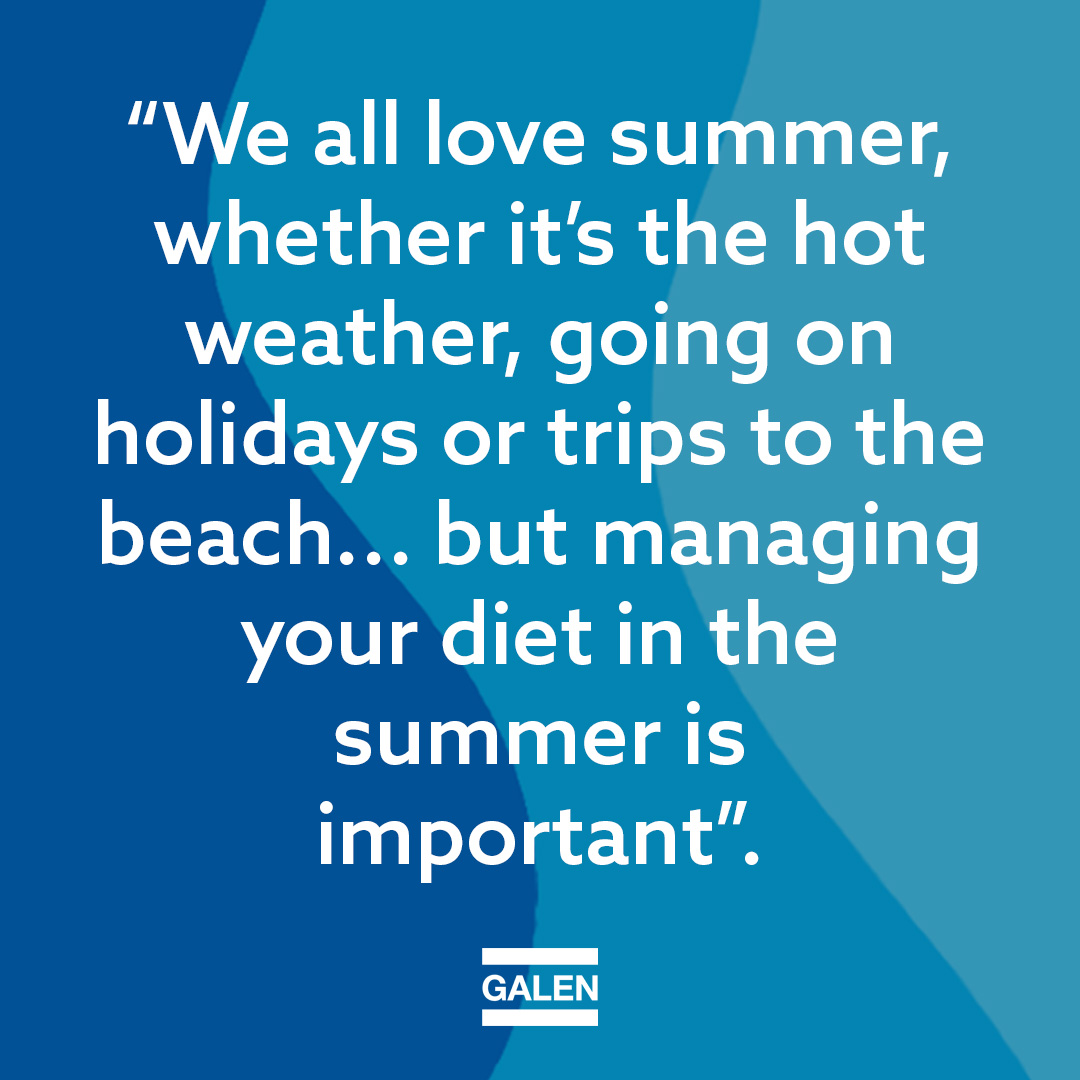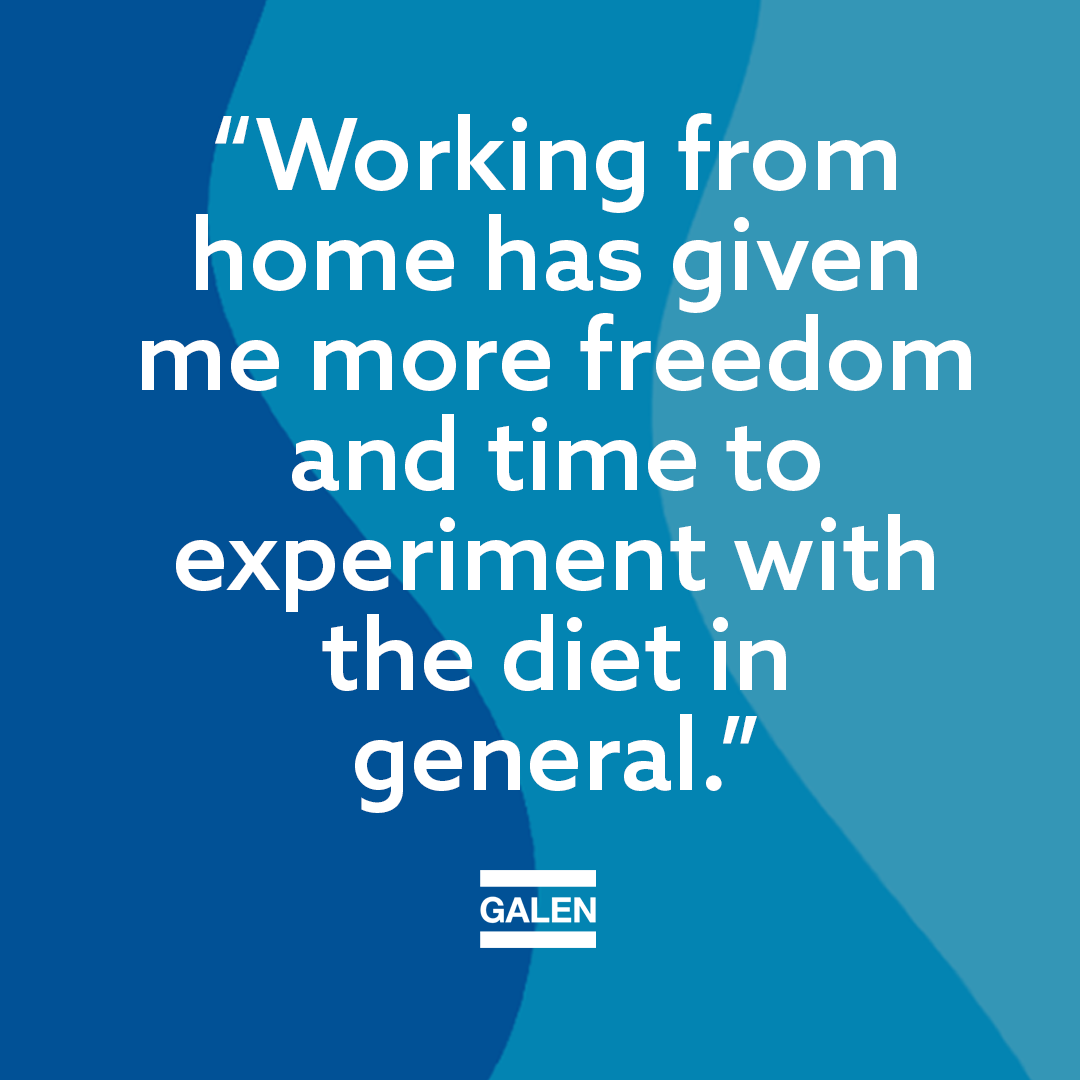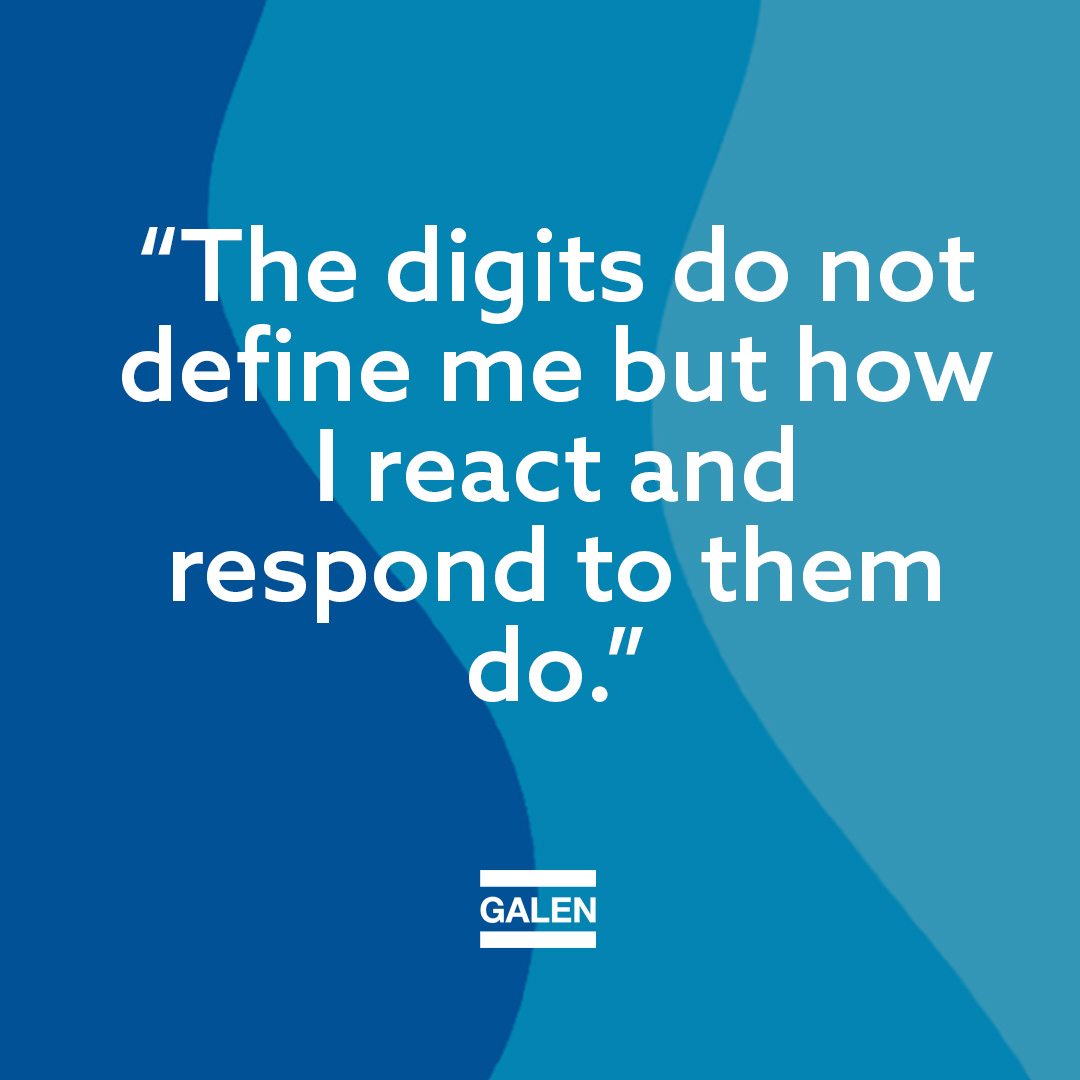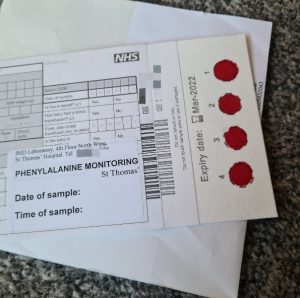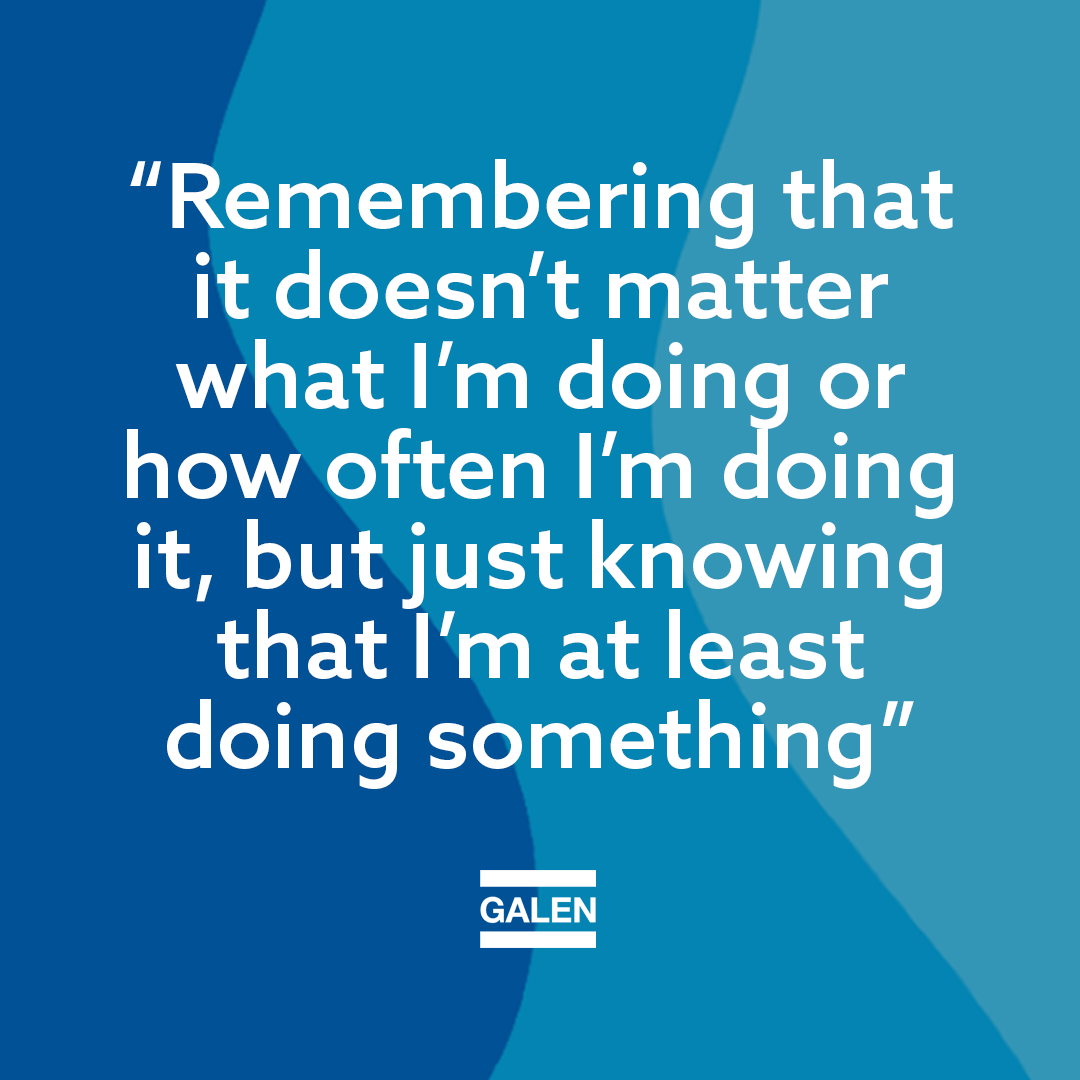On holiday with PKU
Like everything else with PKU, traveling and holidays can be so overwhelming. Even if you don’t factor in the PKU, booking places to stay, arranging flights, getting to airports, and ensuring someone comes in to feed the cat—all of these require careful consideration! This is even more true if you’re a young adult or going somewhere alone for the first time. It’s your initial experience booking and packing for your own holidays, whereas usually your parents would take care of everything.
For those with PKU, there’s an additional layer of complexity. They have to navigate spending a week in the big wide world, where you don’t know whether there will be restaurants that can cater to your diet. Hotel staff often won’t have a clue what PKU is, and there’s the constant worry of having to explain, yet again, that it’s not an allergy or intolerance.
As a result, for someone with PKU, it can feel easier to forgo holidays altogether and stay at home. However, this is a real shame because, as the saying goes, “travel broadens the mind.” And it’s true—you don’t have to embark on a six-month backpacking adventure around the world. You can still enjoy and experience new places, cultures, and food, or simply have a change of scenery to give you a break—even if it’s just for a few days or a week in a cosy hotel!
So, through this blog, I hope to share my experiences—whether I’ve travelled with my parents, friends, boyfriend, or gone away by myself. The good news is that people and companies in the hospitality industry are often more accommodating, kind, and understanding than you might think!
Packing and PKU
Whether you’re going abroad or staying in the UK, packing for PKU is not really any different from packing your clothes. Personally, I always end up taking far too much underwear and an outfit for every circumstance—because apparently, I’m either going to change every single day three times a day, or I’m expecting a zombie apocalypse to happen at any moment. When it comes to my personal stuff, I tend to overpack. However, in the case of PKU, I believe it’s impossible to overpack.
The things I mainly take—regardless of where I’m going in the world—are low-protein bread, crackers, snack bars, and maybe pasta. Of course, I also bring my supplements. In addition to the amount I need for the time away, I usually take an extra two or three days’ worth of supplements, just in case we encounter unexpected delays. Whether we’re stuck abroad in an airport, on the road, or dealing with cancelled trains, it’s always good to be prepared (and hey, who’s to say there won’t be a zombie apocalypse?). I also make sure to pack one or two extra days’ worth of supplements in my day bag, as well as in my suitcase, just in case I get separated from my luggage.
Travelling in the UK
Travelling in the UK has numerous benefits, (as well as the politics of boosting local economy) and one of the biggest advantages is not having to worry about language barriers when describing PKU. You’re familiar with the local shops and restaurants, or having to handle airports and flying. Although staying anywhere in the UK might seem more expensive than going abroad, you save money by avoiding flight costs. Deciding whether to travel abroad or stay within the country for your holiday isn’t always easy.
One aspect I particularly love about traveling in the UK is the option to use Airbnb (other accommodation booking options are also available! This is just the one I use), which means for a weekend I basically get to have my own home away from home. No set times for breakfast or washing out my drinks in the toilet sink.
Renting a tiny cottage or apartment just for my husband and me means we have our own fridge, freezer, cooker, microwave, and either a front room or dining room. Depending on the Airbnb’s location, we’re usually close to a local convenience store or supermarket too meaning you can always pop out and get snacks.
I’ll never forget our honeymoon in Brixton, Devon. We had an Airbnb right by the sea at the end of March, just a few days after our wedding. Some days were warm and sunny, while others were rainy. Whenever the weather turned a bit too “English,” we’d head to the Co-op. He’d grab a big packet of salami, and I’d get a huge pot of olives. We’d then cuddle under a blanket, watching DVDs.
Having our own home for a weekend or a week also means we can bring food to cook—pasta, rice, baking flours for cakes or bread, and cold storage items like yoghurts, vegan cheese, or milk. It gives us the flexibility to cook meals the night before your big days out, rather than relying solely on eating out. While dining out is nice, it may not always be suitable for our diet or wallet!
Whether it’s a honeymoon, a girls’ weekend away, or a romantic getaway, booking an Airbnb provides the freedom to store everyday food as if I was at home. Plus, I have the comfort of being able to eat breakfast or dinner whenever I want, not just when the restaurant is serving.
Hotels
However, hotels are still a great option, especially as they tend to be cheaper and are perfect for short breaks. You’ll also be surprised by how accommodating hotels can be nowadays!
I usually stay in hotels with my mum when we have a girl’s weekend away. Whenever we book, Mum has always been able to contact them via email to explain my dietary needs and see what amendments are available. She’s even requested that a fridge be placed in the bedroom, which most hotels are happy to do for medication. Having a fridge in the room means it is perfect for storing milk, yogurt, or bread.
If the hotel can’t provide a fridge in the room, they typically have one behind the reception desk. They’ve usually been more than happy to hold any of my dietary items. On many occasions, I’ve gone to reception at breakfast time to ask for my milk or yogurt and give it back once I’m done.
Most hotels include breakfast, and for our convenience, it’s usually a buffet-style breakfast—perfect for someone with PKU! If I need exchanges, there are usually cereals available (I do bring my scales with me!) or cooked breakfast options like hash browns or beans. For protein-free food, they always offer freshly chopped fruit and a toast machine. Guests can toast their own bread to their preferred level of doneness. That’s why I always bring prescription bread on holiday. Toast is a great protein-free way to start my day and get ready for exploring wherever I am!
I also enjoy bringing vegan yogurt because hotels always have fresh fruit available. The combination of fresh fruit and vegan yogurt is delightful. Sometimes I even pair the yogurt with a little cereal. My mum and I also take fruit from the breakfast bar for snacks later when we’re out and about!
I think it’s important to remember that it’s okay to ask places to make accommodations for our PKU. It’s not putting anyone out or being awkward; PKU is just as serious as any allergy or intolerance. Also, at the end of the day, hotels want you to choose them for your holiday! They want good reviews that highlight their accommodation and friendliness. By allowing plenty of time to contact them and make any necessary adjustments, staying in a hotel can be a viable option.
Just because you’re paying to stay in the hotel doesn’t mean you have to dine at their restaurant in the evening. There have been many times when my mum and I have gone to a local supermarket, picked up some snacks for dinner, and enjoyed them while watching films or TV in our hotel room!
Eating Out
The wonderful thing about traveling now is the accessibility of the Internet. Before travelling, we can use search online to learn everything about the area and plan our itinerary, including things to do and places to eat!
Eating out is always an option, especially now that there are more vegan restaurants available. In a worst-case scenario, there are always reliable chain restaurants where I know I can have chips or my favourite salad.
Furthermore, one of my favourite things about going on holiday is the chance to try even more delicious food than I ever thought possible. If you visit big cities like London or Manchester, they have excellent ALL-vegan restaurants which blows my mind whenever I go that every single meal option is vegan!
Even in small towns, local restaurants or pubs offer a chance to step out of my comfort zone when eating out. This allows me to experience so much more of life, which is what holidays are all about!
(A side note regarding vegan restaurants: Be aware that some dishes can still contain a lot of protein due to ingredients like lentils, tofu, or soya. So always still worth checking the menu before going in don’t assume vegan equals low protein!)
In my next blog, I will discuss traveling abroad with PKU, visiting other countries for holidays, flying, and how I manage my diet despite language barriers!


